Why It’s Not a Problem That Every Juror Will Have Opinions About Trump Already
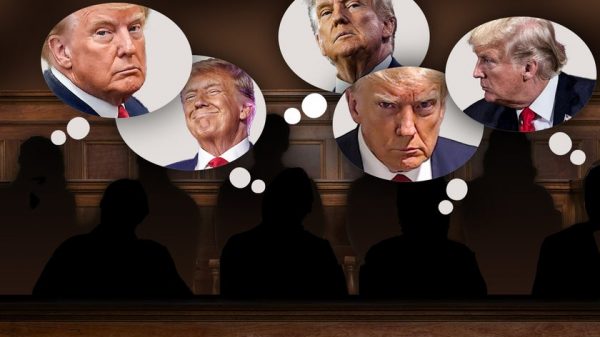
Shawdesh Desk:
Now that all four indictments against Donald Trump are out—91 criminal charges in total, but who’s counting?—the former president is facing three trials next year, with the potential for a fourth. After Trump’s tumultuous stint in the Oval Office, most Americans likely already have strong opinions about him. Which raises the question: Is it possible to secure an impartial jury for the polarizing former president?
Most Americans are skeptical that it is. Ipsos conducted a survey in July among about 1,800 adults, made up of people who had served on a jury before and those who had never done it. It found that among those who had never served on a jury before, 71 percent were not confident U.S. courts would be able to find jurors “willing to put aside their prior beliefs about Donald Trump and decide the case based on evidence presented.” At the same time, 58 percent of those who never served on a jury before also indicated they did trust juries, but 54 percent were not interested in serving on a jury in one of Trump’s cases.
But some legal experts say these concerns are overblown. “A lot of people express concern about the jury system, and defendants in highly publicized cases tend to try to exploit that anxiety to suggest that they can’t get a fair trial,” said Kevin O’Brien, partner at Ford O’Brien Landy law firm and a former assistant U.S. attorney. “I think in the vast majority of cases these fears are not substantiated.”
High-profile individuals are tried pretty frequently, and the courts are generally able to find an impartial jury pool. “Juries convict people every day, or acquit them every day, as the case may be, often irrelevant or disconnected from whatever their personal views might be,” explained Bradley Moss, a private attorney, to Slate’s Jeremy Stahl shortly after Trump announced his 2024 candidacy for president.
However, that’s not to say that securing three, possibly four, impartial jury pools for Trump will be easy. Moss acknowledged that jury selection will hinge on being able to find jurors who are willing to assess only the evidence provided in the courtroom, setting aside any and all political views, and that could take some time. A key tenant of jury selection is that the law does not actually forbid Americans from having political views, but it does demand people be fair and impartial. “In this case, it would be impossible to find people who hadn’t heard of Donald Trump,” said O’Brien. “The test is whether can you put your biases or feelings aside, wherever they may lie, one way or the other and judge the evidence reasonably and partially and reach a fair verdict.”
It’s important to understand that among the First Amendment freedoms, political speech is considered the most highly protected form of freedom of speech, which is “something that’s going to be in the back of every lawyer’s mind,” explained Rebecca Lonergan, law professor at the University of Southern California. “We all have the right to our political views and to say someone is excused for cause because of political views is a minefield.”
Here’s how the process of jury selection typically works: Prospective jurors are selected at random from a few different sources—voter rolls, driver’s license databases, and sometimes tax records from the state where the trial is slated to take place. Then prospective jurors are summoned to court, where a judge presides over voir dire, a formal screening process meant to assess jurors’ suitability to serve on a jury pool. They’re typically asked questions in stages, starting out basic: Are you physically able to sit in a courtroom for more than an hour at a time? Are you proficient in English? Do you have any issues with hearing?
From here, the questions can get more personal. A judge may ask if a juror has ever been charged or convicted of a crime, or has any belief, religious, philosophical, or otherwise, that would prevent them from passing judgment on a person. “That’s a common question because sometimes people say, ‘Yes, I am of a religion where I don’t believe anyone besides God should judge another person,’ ” explained Lonergan.
Many times judges purposefully ask open-ended questions, just to see what people will come up with and if their answers reveal any biases. (For example: “Is there any reason that you can think of why you cannot be fair in reaching a verdict of guilty or not guilty?”) Sometimes high-profile cases use jury consultants, behavioral experts who can aid in reading jurors who may hold hidden biases. Often they are social scientists, psychologists, and even former trial attorneys who can play a big role during voir dire by helping design questions, pick ideal jurors, and even prepare witnesses. They can be expensive, on average charging about $250 an hour.
Lonergan predicted that because Trump’s cases are so unique, judges will have to get strategic in what questions they ask and how. Under normal circumstances, jurors are expected to disregard any information they’ve heard about the defendant or case in the media and only consider evidence presented at trial—but that’s a big ask when there’s been nonstop, pervasive media coverage of Trump. Lonergan expects a judge may end up asking questions like: “Have you heard of anything about this case in the media, in advance of the trial?” or “Have you formed any opinions about this?” And from there, Lonergan said, the essential question will be: “Can you put aside anything you’ve heard previously and judge this case solely based on the evidence you hear in this courtroom?”
“And there’s the huge difficulty with the Trump cases. A lot of people will answer, ‘Yeah I think I can do that,’ but whether they really can or not is a different question,” said Lonergan. That’s because, in her experience, nearly everyone is susceptible to implicit biases, and even jurors with the best intentions can struggle to put aside prior beliefs—you can’t unring a bell. Lonergan thinks the courts won’t care so much about a juror’s politics as much as their prior impressions of Trump, “because the Republican Party and the Democratic Party are not on trial.”
Where the case will take place will also play a role, since certain pockets of the country tend to have political leanings, which is what led Trump’s legal team to request his Washington, D.C.,
case be moved to West Virginia. It’s rare for a case to be moved, but if it is, it’s usually to achieve a more unbiased jury, a place where people didn’t pay attention to the media. But in the case of Trump, “I’m not sure where you move a case involving Trump, where you don’t have people whose lives have been equally affected by him as an individual because he was president of the entire nation,” said Lonergan.
Ideally, a judge wants a jury pool composed of different opinions, and, inevitably, different biases, who will engage in debate and follow instructions. The hope, Lonergan said, is that their opposing viewpoints will essentially balance out and “you end up with something fair that comes out of that.” But it will really depend on how many jurors walk into the courtroom and share similar beliefs about Trump. If a juror reveals blatant biases or violates court rules once the trial is already underway, alternates can be pulled in.
Once juries are selected for Trump’s trials, Lonergan expects they’ll be isolated from the public. Especially since Trump’s rhetoric has incited violence in the past, jurors may be put in hotels and escorted by security to and from the courthouse until the trial is over for their safety.
Every juror selected for each of Trump’s trials will be acutely aware of their role in a historic moment—it’s the first time a former president will be tried in court while also being an active candidate for the next presidential election. Throughout every step of each of Trump’s trials, Lonergan said, judges and attorneys will also be asking themselves: “How should the courts balance the normal constitutional rights and rules, which are intended to ensure an unbiased jury and a fair trial, against the rules that are intended to protect free speech, especially when that speech is political speech?”
Taking all of this into consideration, the entire court system—judges, attorneys, and jurors—will still have to treat Trump just as any other average defendant. It will be a critical test of the American justice system, but O’Brien believes that system is built to withstand even the most unique of cases.
“You just can’t say we can’t have a trial because people have strong opinions about Trump,” said O’Brien. “There has to be a way to reach a level of jury knowledge and objectivity that is satisfactory to the task at hand. If you can’t, then there’s something wrong with the very institution. And I don’t think there is.”






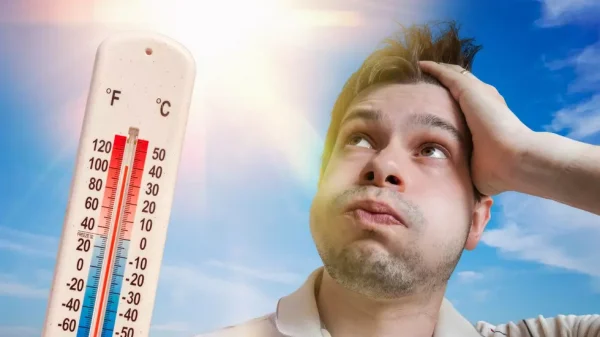
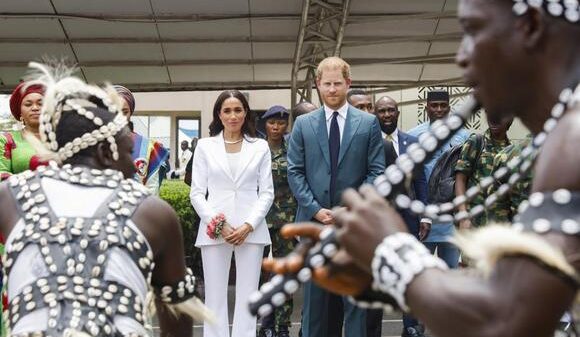
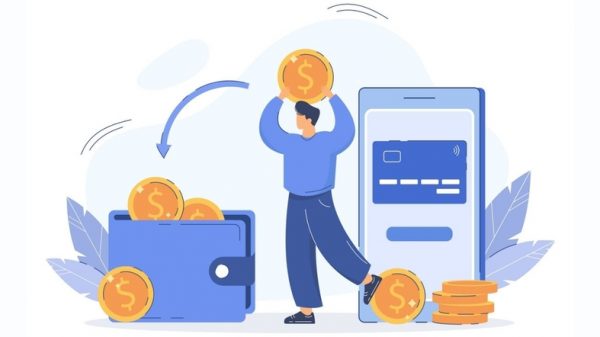

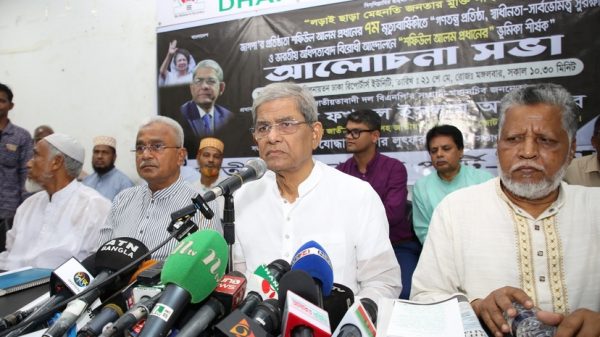
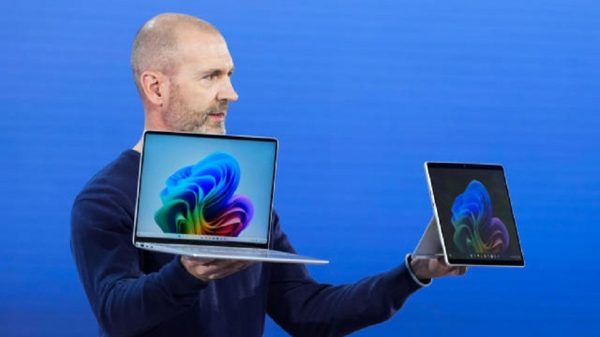











Leave a Reply